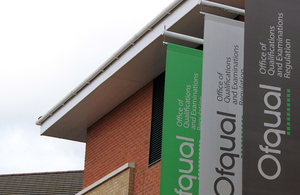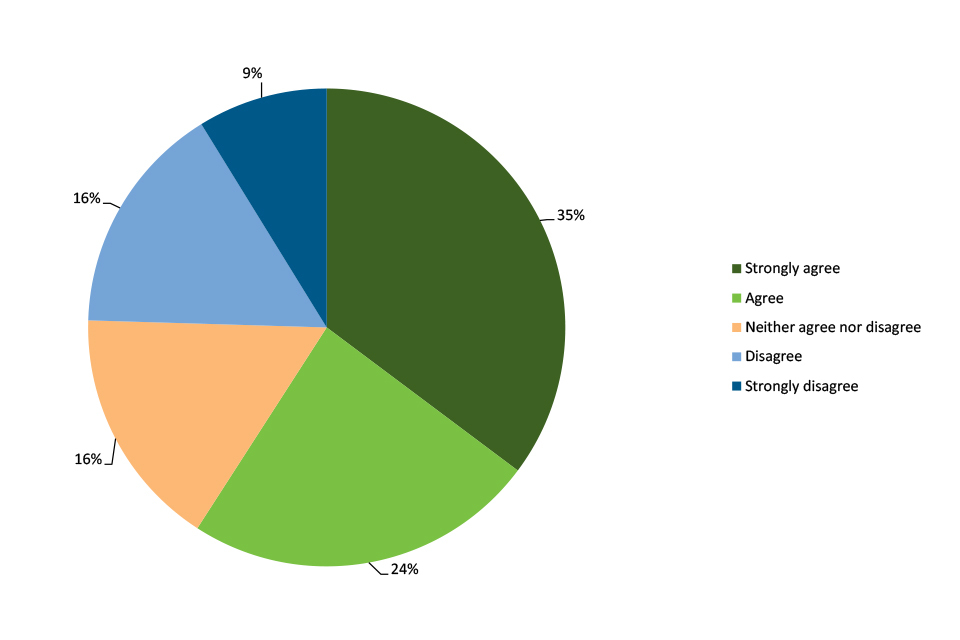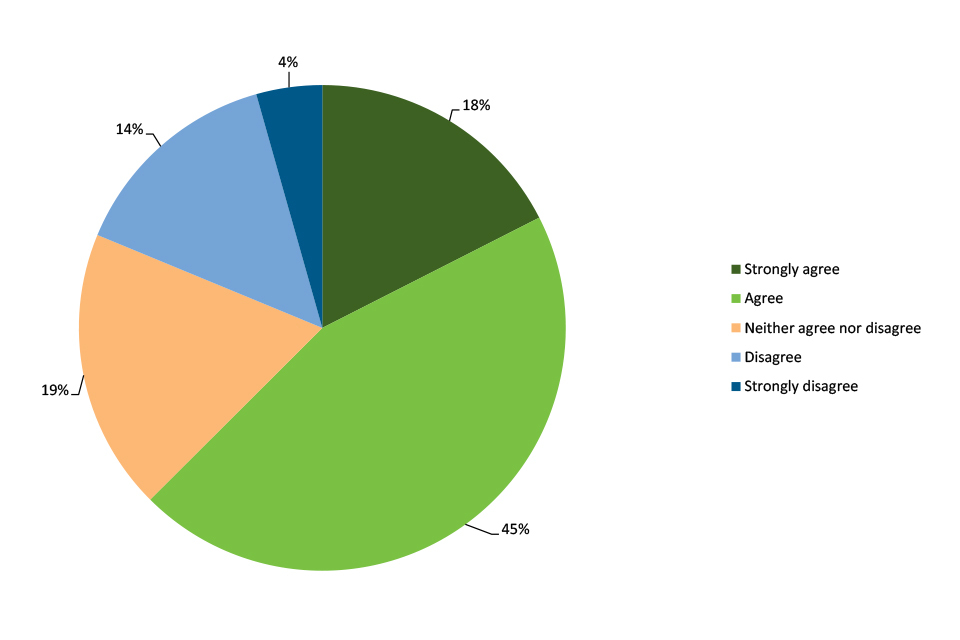A new approach to GCSE science practical assessment
Ofqual announces a new approach for GCSE science practical assessment that will best balance our aims to encourage good scientific teaching.

Ofqaual - News
Ofqual is today announcing the adoption of a new approach for GCSE science practical assessment that will best balance our aims to encourage good scientific teaching.
Chief Regulator Glenys Stacey said: “There is unanimous agreement among scientists that practical work is central to good science qualifications. We have consulted widely and have identified a new approach to the assessment of practical science that will liberate teachers to offer a wider variety of classroom experimentation and promote effective student progression to further study or employment.”
The new approach to assessing practical work will use written exam questions in place of controlled assessment. Each exam board will have to specify a minimum number of practical activities that students must complete, set no lower than 8 in each individual science and 16 for combined science.
Each school will be required to confirm that they have enabled their students to do the full range of practical work. Each student is required to have kept a record of their work.
The new approach received broad support in a recent consultation:
- Eighty per cent of respondents agreed with our proposal to assess practical work via written exam questions
- Over 60 per cent agreed with the minimum numbers of practical activities that were proposed
- Three-quarters of respondents supported our proposal that at least 15 per cent of the total mark for each qualification should be for exam questions addressing students’ practical work
- Nearly 70 per cent said students would be more likely to be given opportunities to undertake a wide and varied range of practical work if such work was focused on teaching and learning and was not itself assessed (see Chart 1)
- Around two-thirds agreed that the approach we proposed would provide the best balance between our different aims to encourage good scientific teaching (see Chart 2)
- Over two-thirds did not believe there was a better option for achieving those aims than that we proposed
All of our consultation proposals were supported by in excess of 50% of respondents, with the exception of the weighting of mathematical skills in each subject and between them. As a result of the responses we are committing to look further at this issue
Ends
Notes to Editors
Our consultation aimed to identify an approach to the assessment of students’ practical science work that could achieve the best balance between:
- delivering the curriculum aims and encouraging a wide range of practical science teaching over the period of study
- being manageable for schools – taking into account the numbers of students who take science GCSEs, the range of ability and the time typically allocated to each subject
- providing valid and reliable assessments – testing the right things and doing this accurately and consistently, so as to differentiate effectively between students’ performance
- being able to withstand accountability pressures, that is, to avoid exerting unmanageable contradictions on teachers where they are acting as the assessor and being judged themselves through the outcomes of the assessments they make – the results of their students

Chart 1: Science GCSE students will be more likely to be given opportunities to undertake a wide and varied range of practical work if such work is focused on teaching and learning and is not itself assessed.

Chart 2: We asked how those replying to our consultation agreed that our proposals provided the best balance between these aims?
When do these changes take effect?
Having confirmed our approach, we now plan to consult on the rules and guidance for GCSEs in biology, chemistry, physics and combined science.
Exam boards will design the new specifications for these GCSEs against these rules. The aim is to have these specifications available to schools from autumn 2015.
Schools will start to teach them from September 2016. This means the first exams for these subjects will be in summer 2018.
Related documents
Assessing practical work in GCSE science: consultation outcome